Titanium pots and pans are becoming increasingly popular in kitchens around the world. Known for their strength, lightweight design, and impressive resistance to corrosion, titanium cookware provides excellent performance. However, to truly benefit from the natural non-stick properties of titanium pans, you need to use and care for them correctly. This guide will show you how to get the most out of your titanium frying pan, ensuring you never have to worry about food sticking again.
Why Choose Titanium Cookware?
Titanium cookware offers numerous advantages over traditional non-stick options. Unlike regular non-stick pans that use synthetic coatings, titanium frying pans have a naturally smooth surface that provides a non-stick effect. This means you don’t have to rely on chemicals or coatings, making titanium a safer and more durable choice for cooking.
Additionally, titanium is highly resistant to scratches and corrosion, which makes it perfect for daily use. It can withstand high heat, meaning it’s ideal for various cooking methods, from searing to sautéing. With proper care, titanium pots and pans can last for many years.
Despite its natural non-stick qualities, titanium cookware does require some maintenance to keep it in top condition and prevent food from sticking. Here’s how you can use your titanium frying pan like a pro.
Preparing Your Titanium Frying Pan for First Use
Before using your titanium frying pan for the first time, it’s essential to prepare it by seasoning the surface. Seasoning helps enhance the natural non-stick properties of the pan, ensuring a better cooking experience.
Step-by-Step Guide to Seasoning Your Titanium Pan:
Clean the Pan: Wash the pan with warm, soapy water and a soft sponge to remove any dust or residue from manufacturing. Dry it thoroughly.
Apply a Thin Layer of Oil: Use an oil with a high smoke point, such as grapeseed or sunflower oil. Pour a small amount of oil into the pan and spread it evenly over the entire cooking surface with a paper towel.
Heat the Pan: Place the pan on the stove over medium heat and allow it to warm up for 5 to 10 minutes. Once the oil begins to smoke lightly, turn off the heat and let the pan cool.
Wipe Off Excess Oil: After the pan cools down, wipe off any excess oil with a clean paper towel. Your pan is now seasoned and ready for use!
Seasoning your pan before the first use will improve its non-stick performance and help prevent food from sticking during cooking.
Cooking with Your Titanium Frying Pan
Now that your titanium frying pan is seasoned, it’s time to start cooking! While titanium pans are naturally non-stick, a few techniques can help you get the best results.
1. Preheat Your Pan
Always preheat your titanium frying pan before adding oil or food. Preheating ensures that the pan heats evenly and allows food to cook more efficiently, reducing the chances of sticking. Make sure the pan is warm before you add any ingredients.
2. Use the Right Oil
Titanium frying pans don’t require much oil, but it’s still important to use the right kind. Choose oils with a high smoke point, like avocado, grapeseed, or sunflower oil. These oils can withstand high temperatures without burning, which helps prevent sticking. When using titanium non-stick pans, always ensure the oil you choose complements the pan’s natural non-stick properties. Avoid oils with a low smoke point, like olive oil, as they can burn at high temperatures and leave a sticky residue in the pan.
3. Avoid Overcrowding the Pan
Overcrowding your pan is a common mistake that can lead to sticking. When too much food is added at once, the pan’s temperature drops, and the food releases moisture, which causes it to stick. For best results, cook in smaller batches, especially when cooking foods that release a lot of moisture, such as vegetables or meats.
4. Use Non-Metal Utensils
To protect the surface of your titanium frying pan, avoid using metal utensils. Metal can scratch the surface, which can affect the non-stick performance over time. Use wooden, silicone, or plastic utensils to preserve the integrity of your pan’s coating.

Cleaning and Maintaining Your Titanium Frying Pan
Proper cleaning and maintenance are essential to keeping your titanium frying pan in top condition. Here’s how to care for your pan:
1. Clean After Every Use
After each use, wash your titanium frying pan with warm, soapy water and a soft sponge. Avoid using abrasive pads or harsh chemicals that can scratch the surface. Always dry the pan immediately after washing to prevent water spots.
2. Re-seasoning Your Pan
Over time, the non-stick performance of your titanium frying pan may diminish. If food begins to stick more frequently, it’s time to re-season the pan. Re-seasoning involves applying a thin layer of oil and heating the pan again to restore its non-stick surface.
Re-season your pan every few months or after heavy use to keep the non-stick performance at its best.
3. Store Properly
When storing your titanium frying pan, avoid stacking other cookware inside it unless you place a cloth or pan protector between them. This prevents scratches and ensures the longevity of the non-stick surface. Store the pan in a dry, safe location to avoid any damage.
Troubleshooting Common Issues
Even with proper care, you may encounter some issues while using your titanium frying pan. Here’s how to address common problems:
Sticking During Cooking: If food sticks to your pan, it could be due to insufficient preheating or using the wrong oil. Always preheat the pan and use oils with a high smoke point to avoid sticking.
Burnt Food or Residue: If food burns or leaves residue, clean the pan thoroughly and re-season it if necessary. Avoid cooking at excessively high temperatures to prevent burning.
Pan Losing Non-Stick Properties: If you notice the pan’s non-stick performance weakening, re-season it to restore its effectiveness. Regular maintenance will help preserve the surface.
Conclusion
By following these simple tips, you can make the most of your titanium frying pan and enjoy a non-stick cooking experience every time. From seasoning and preheating to using the right oil and utensils, proper care will ensure that your non-stick titanium cookware lasts for years.
Titanium frying pans are incredibly durable and versatile, and with the right attention, they will continue to perform excellently, preventing sticking and making cleanup a breeze. With regular maintenance and care, your titanium cookware will remain a reliable and efficient kitchen tool.
For more tips on using and caring for your cookware, visit Siraat’s Kitchen.


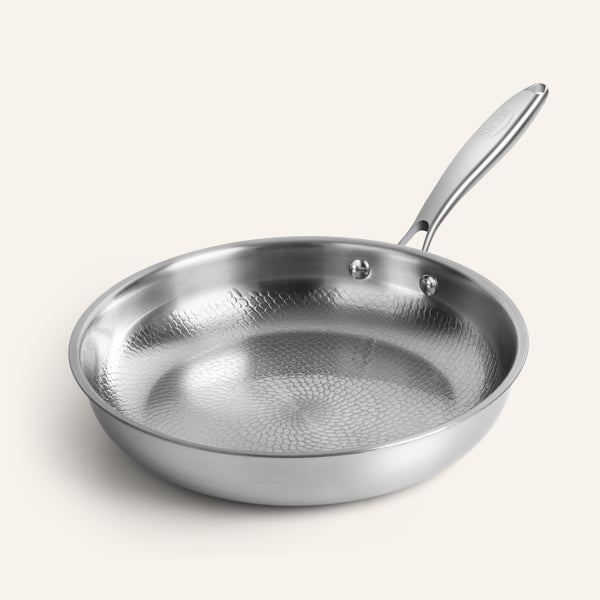
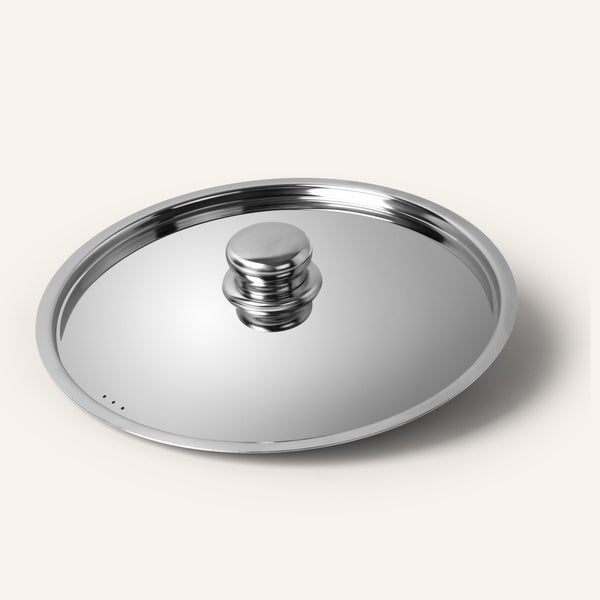
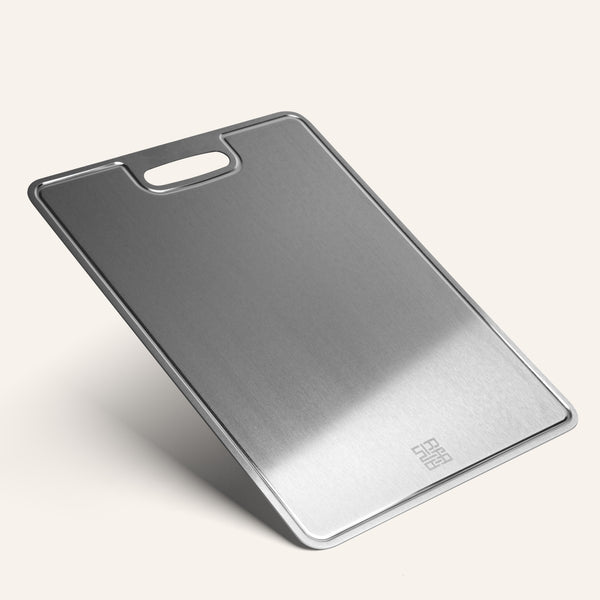
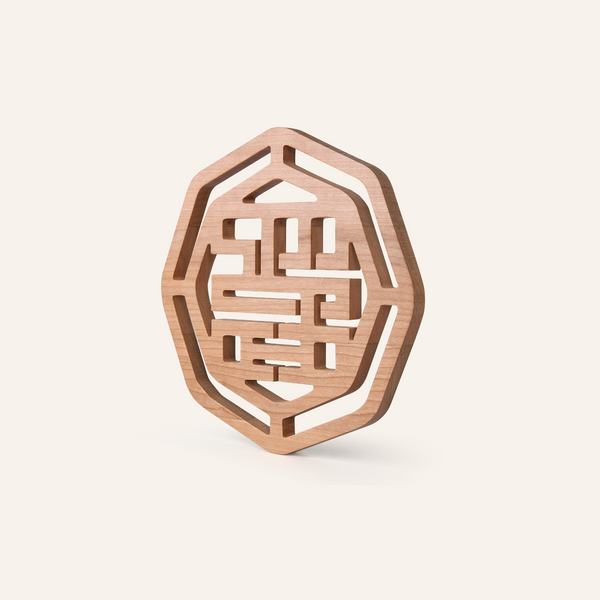
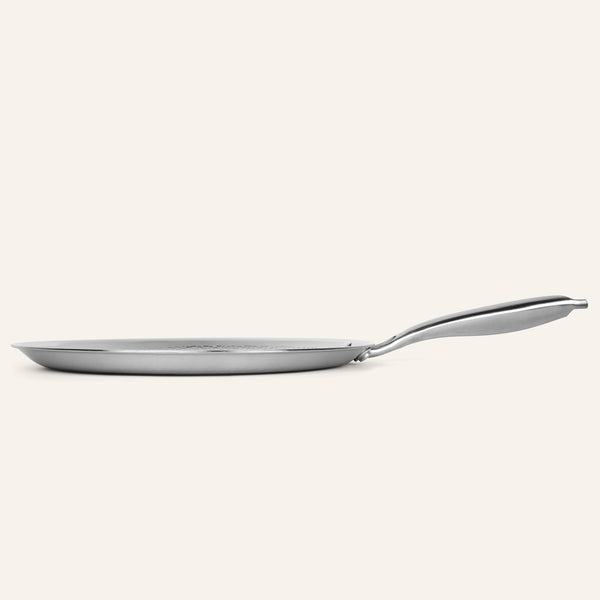
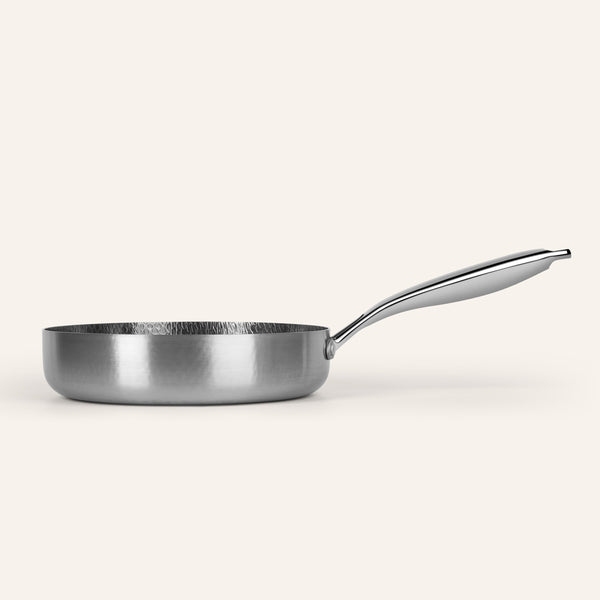
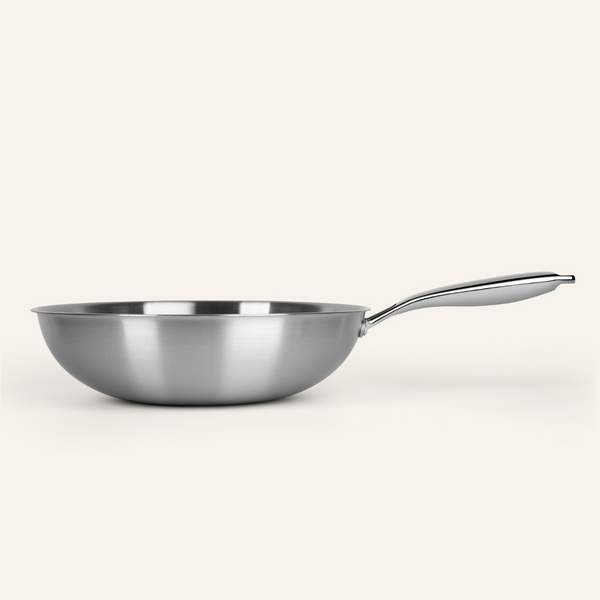
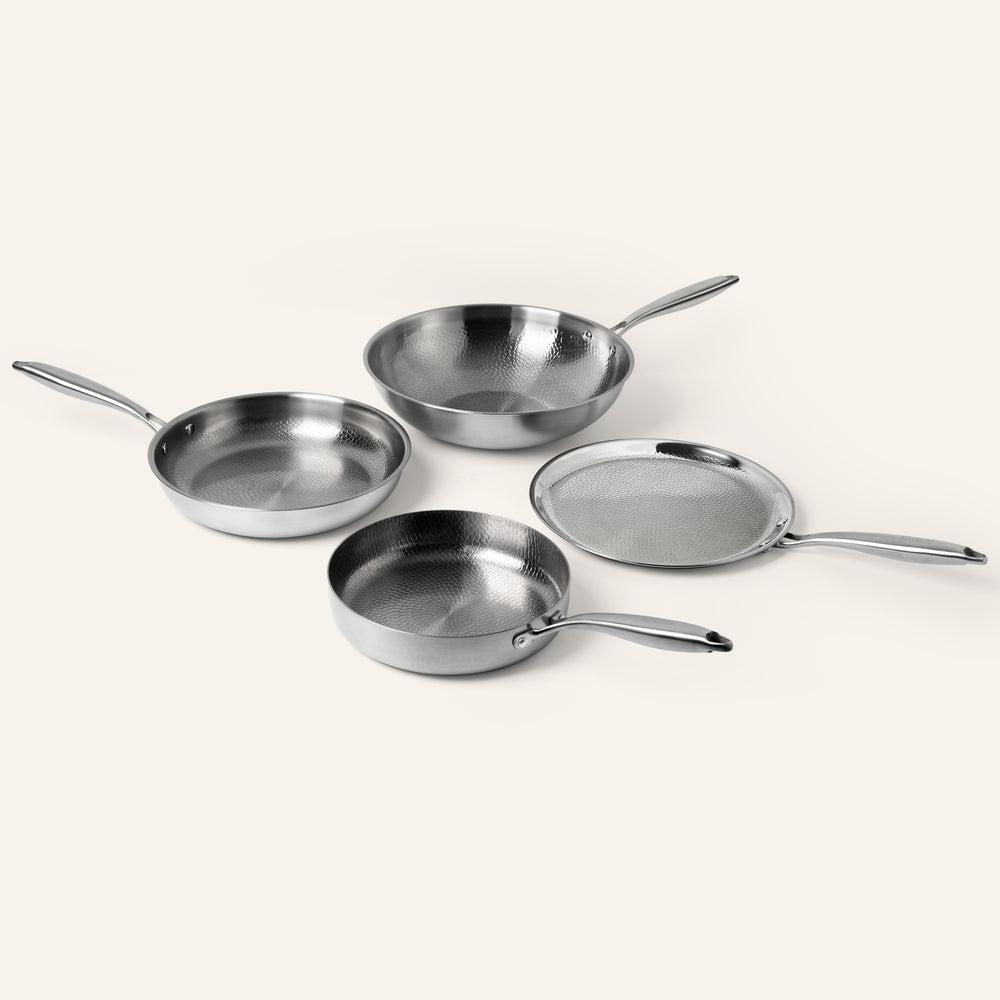
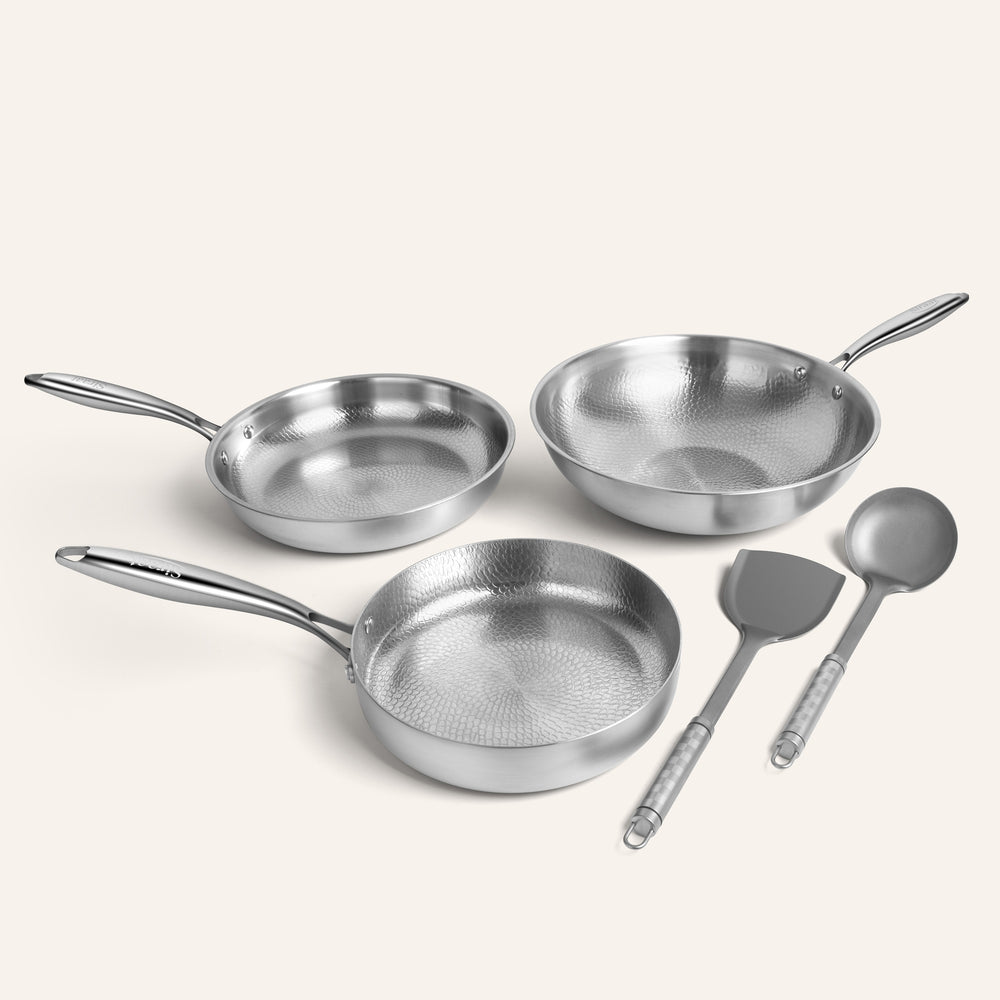
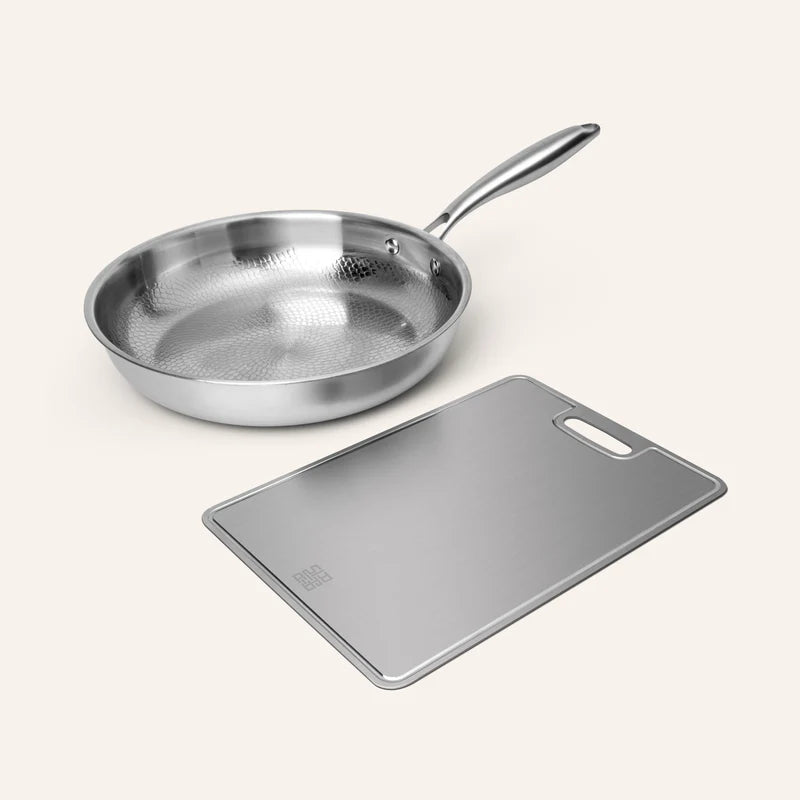
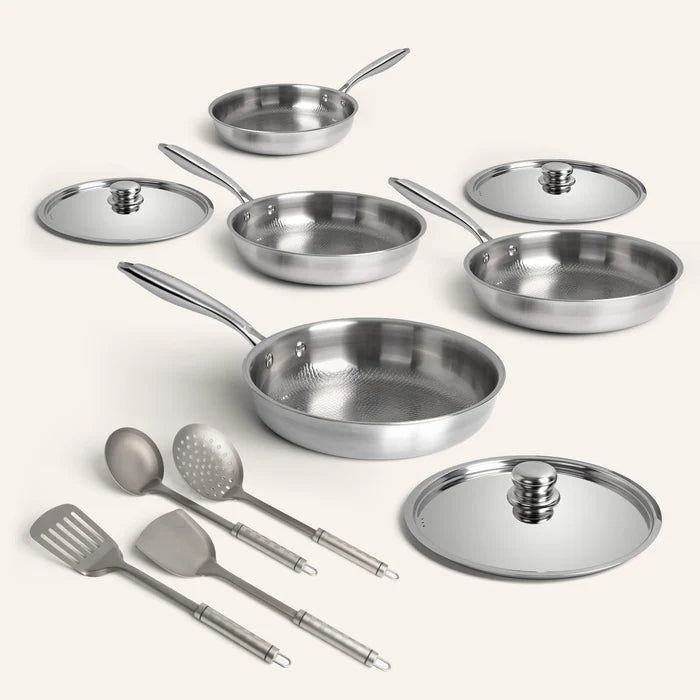
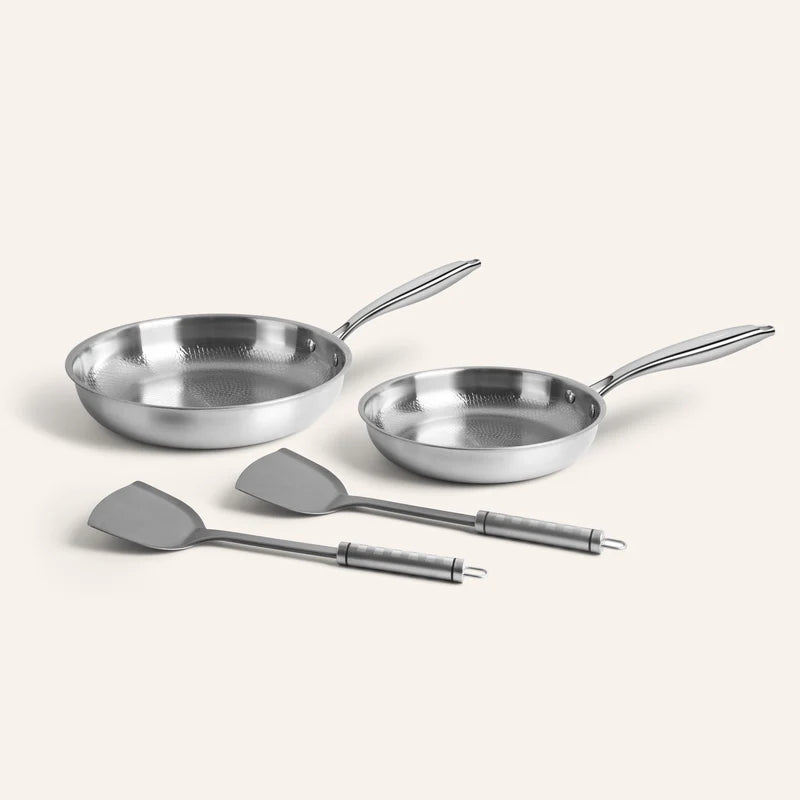
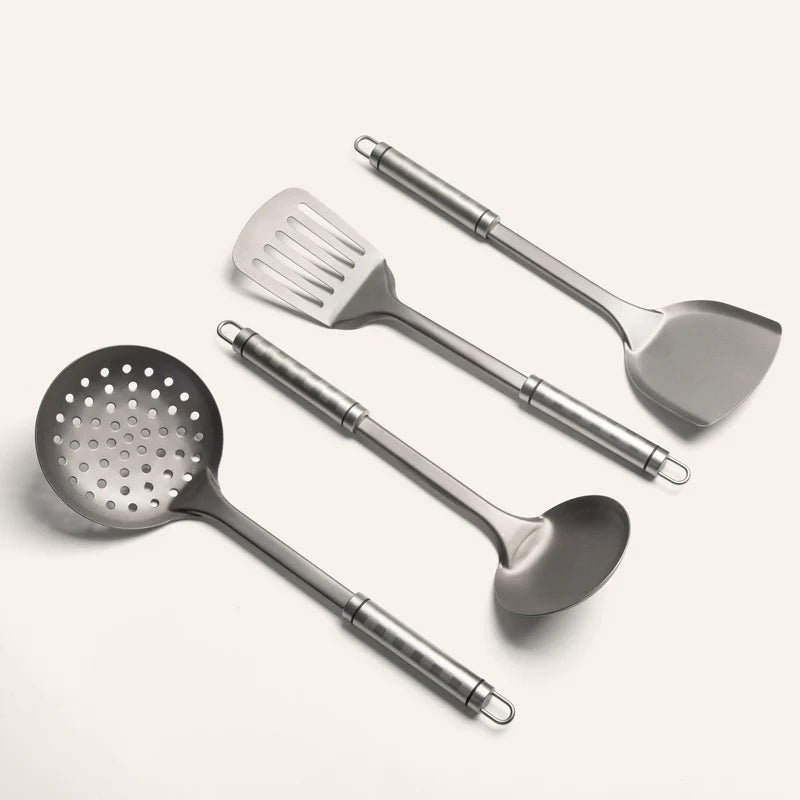
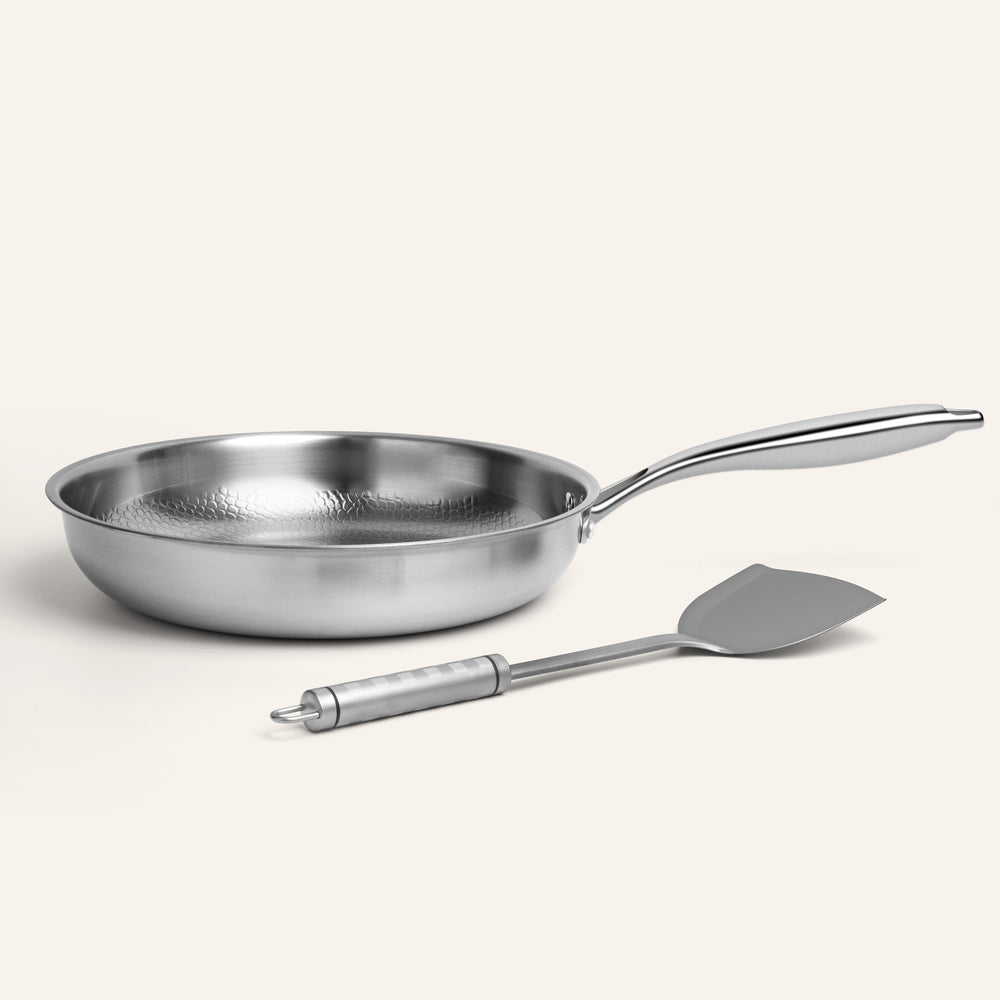
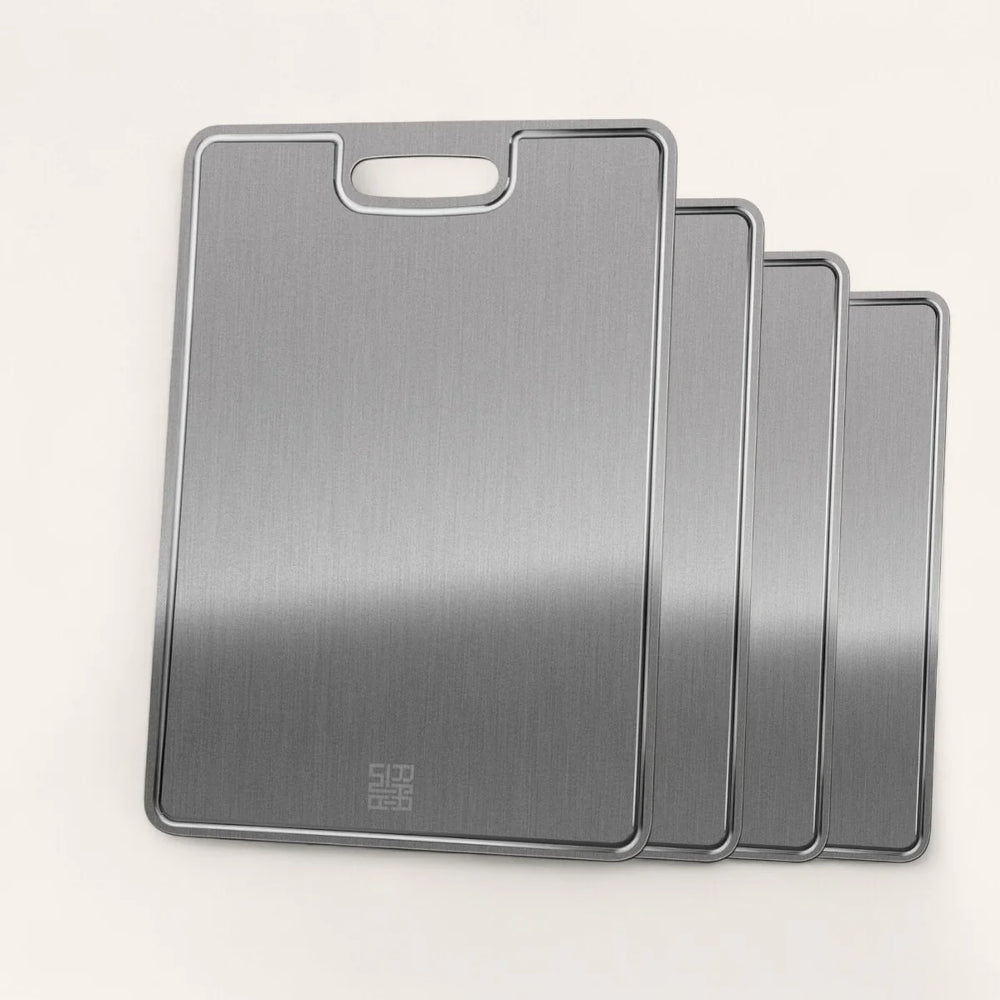
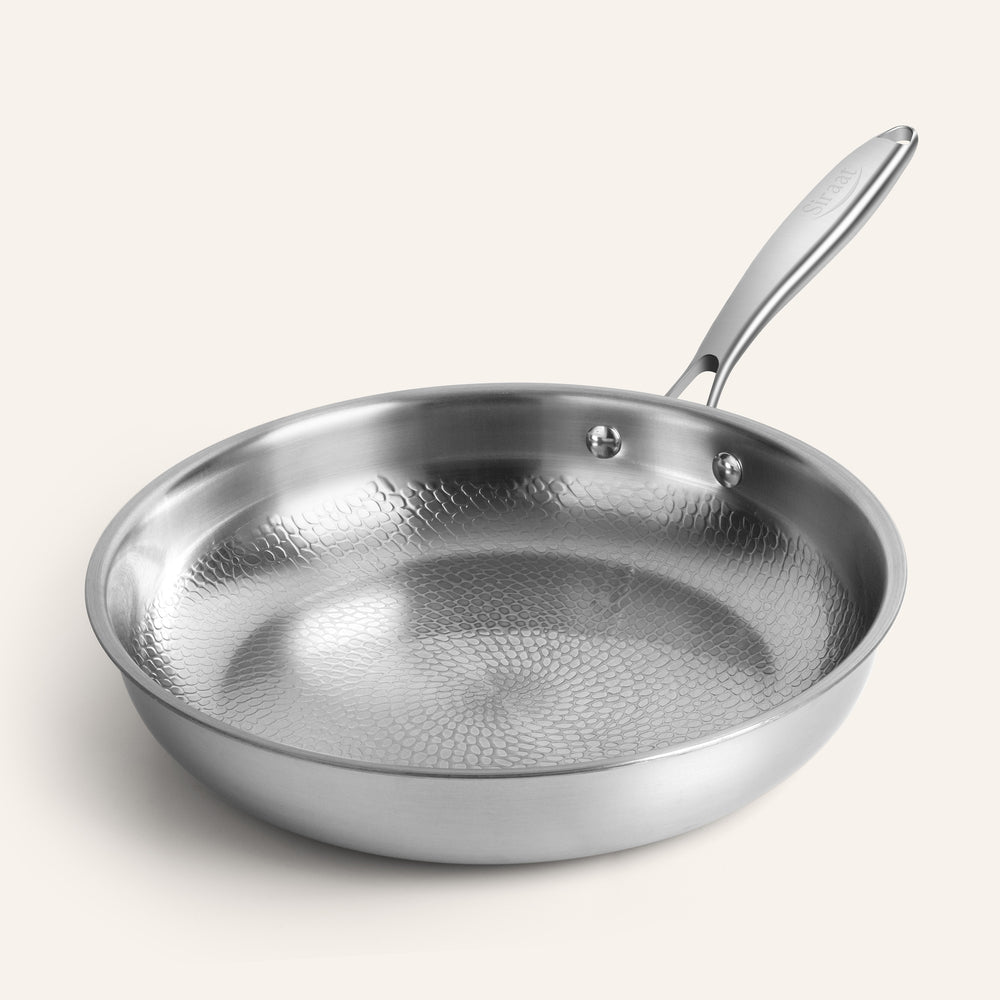
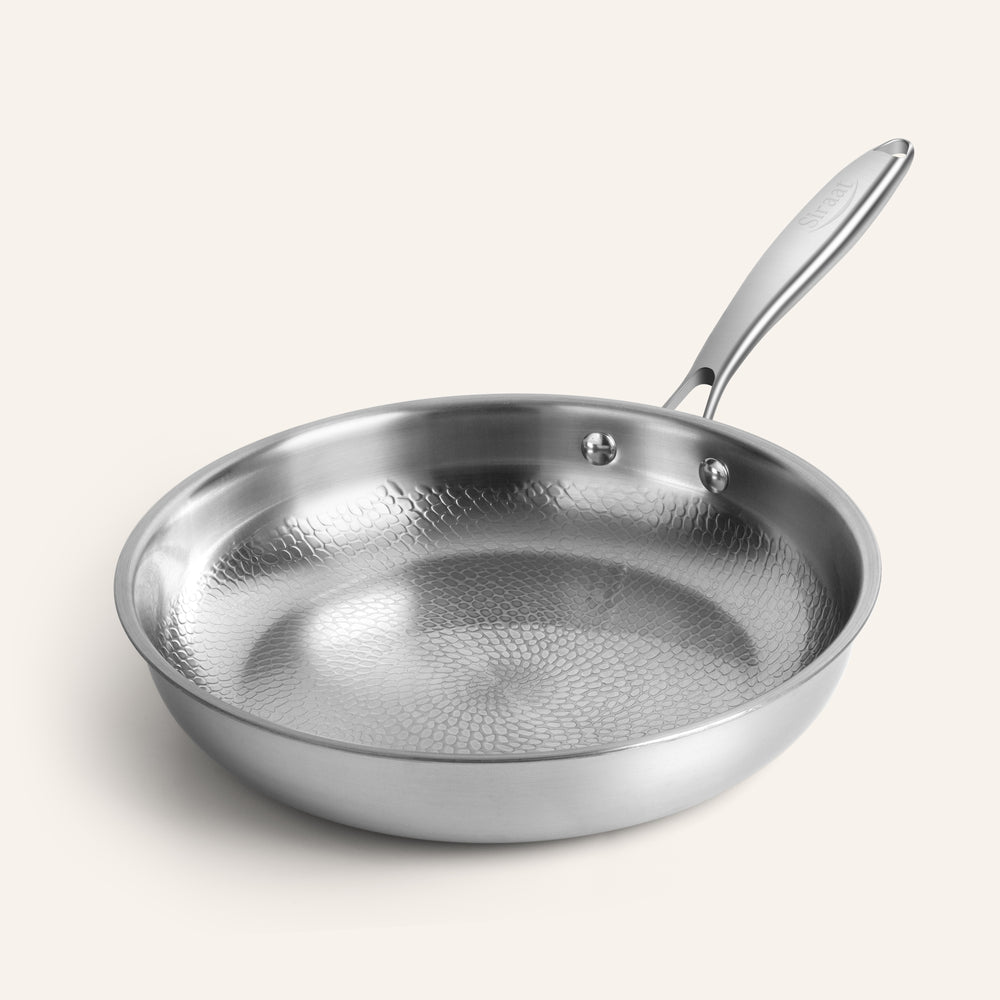
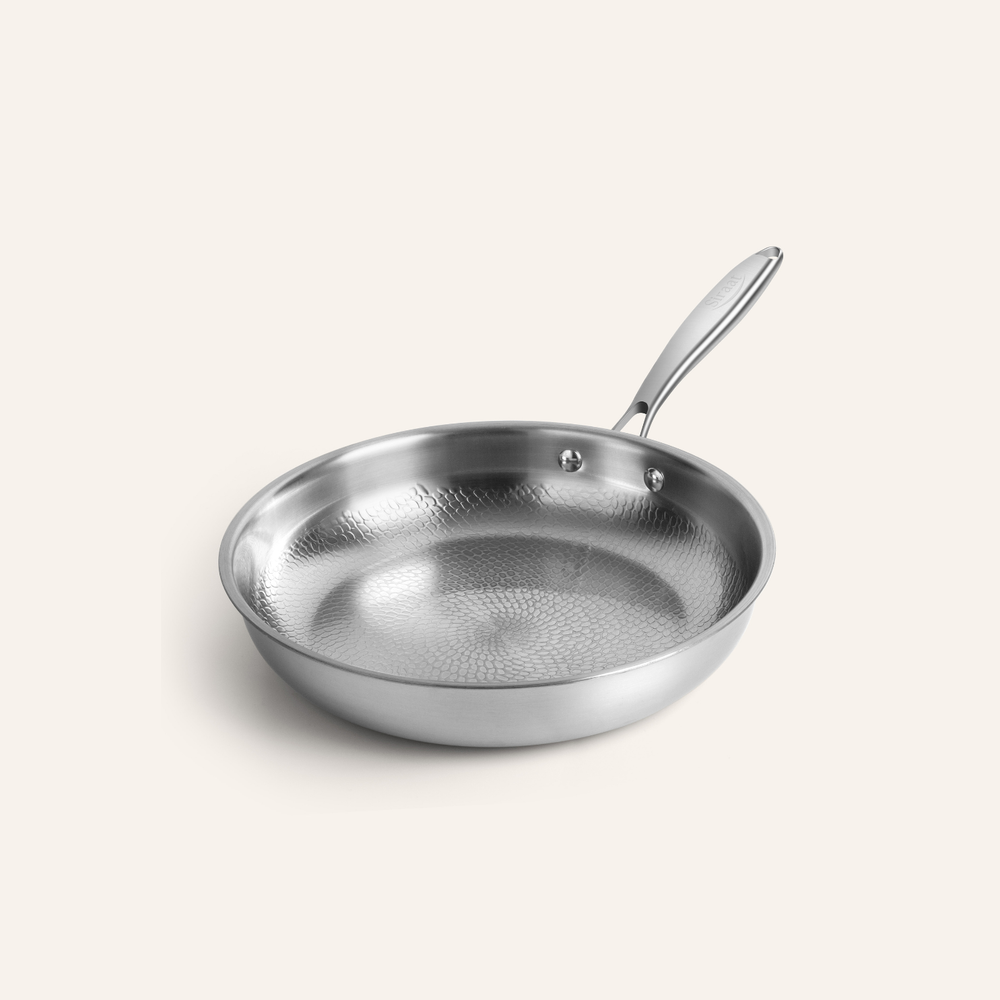
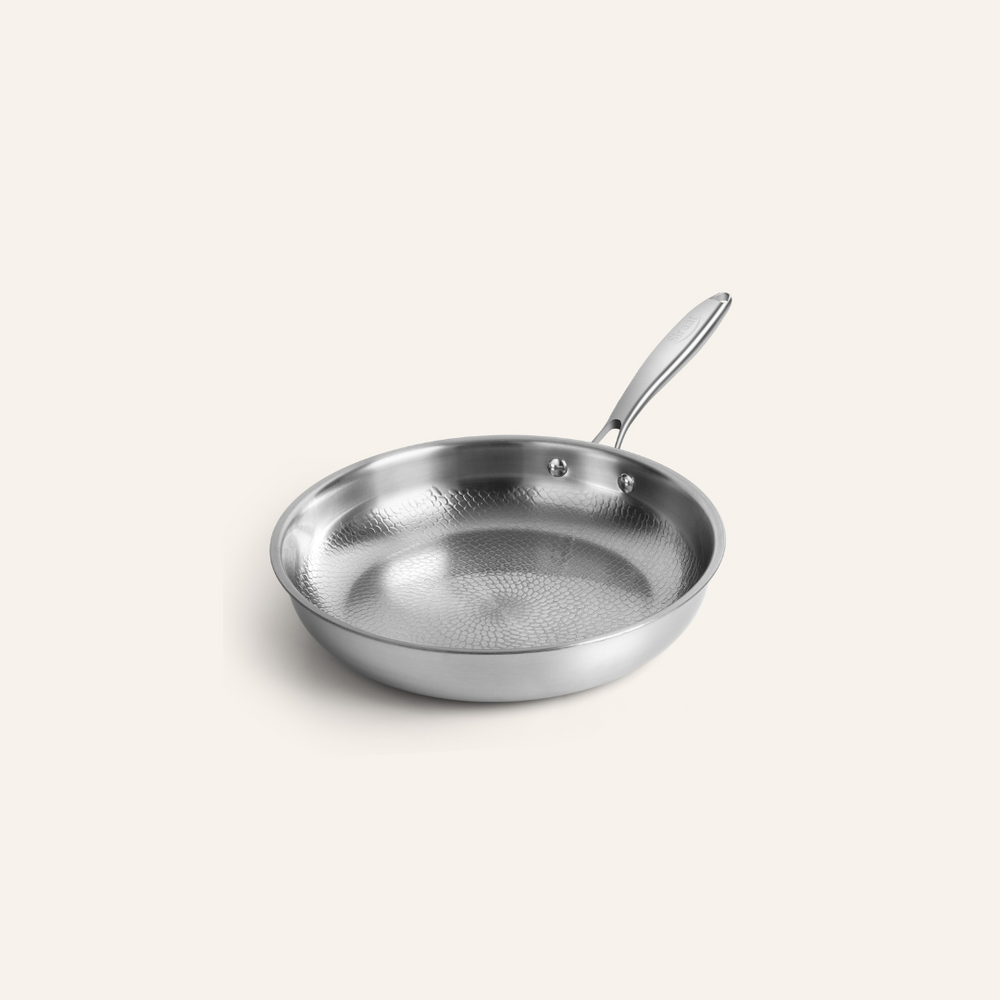
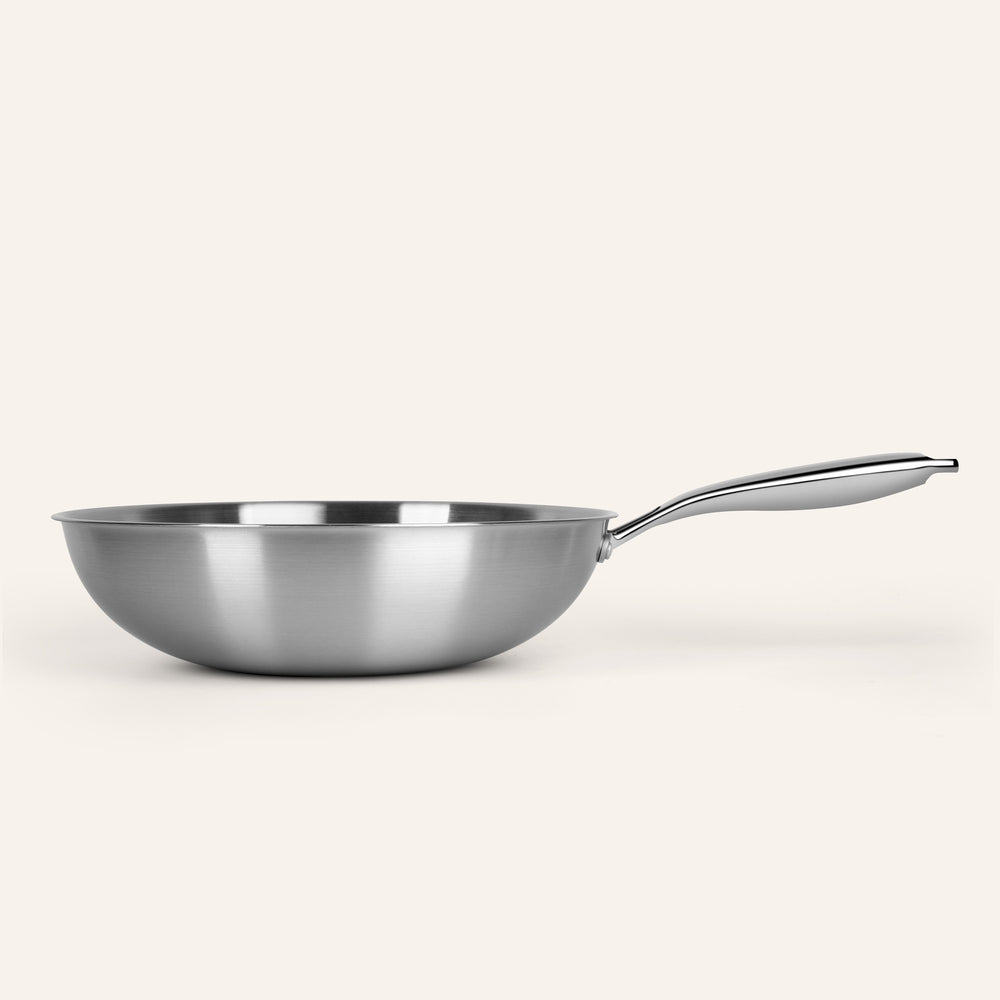
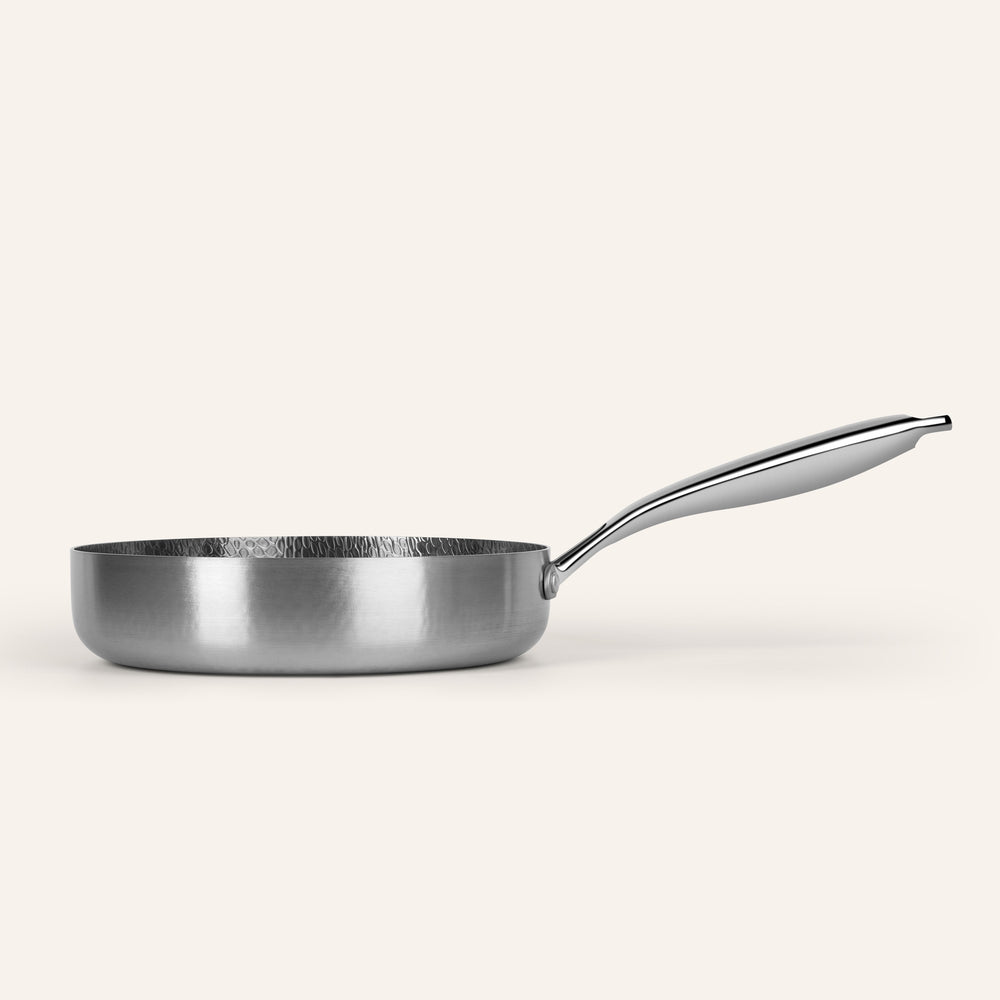
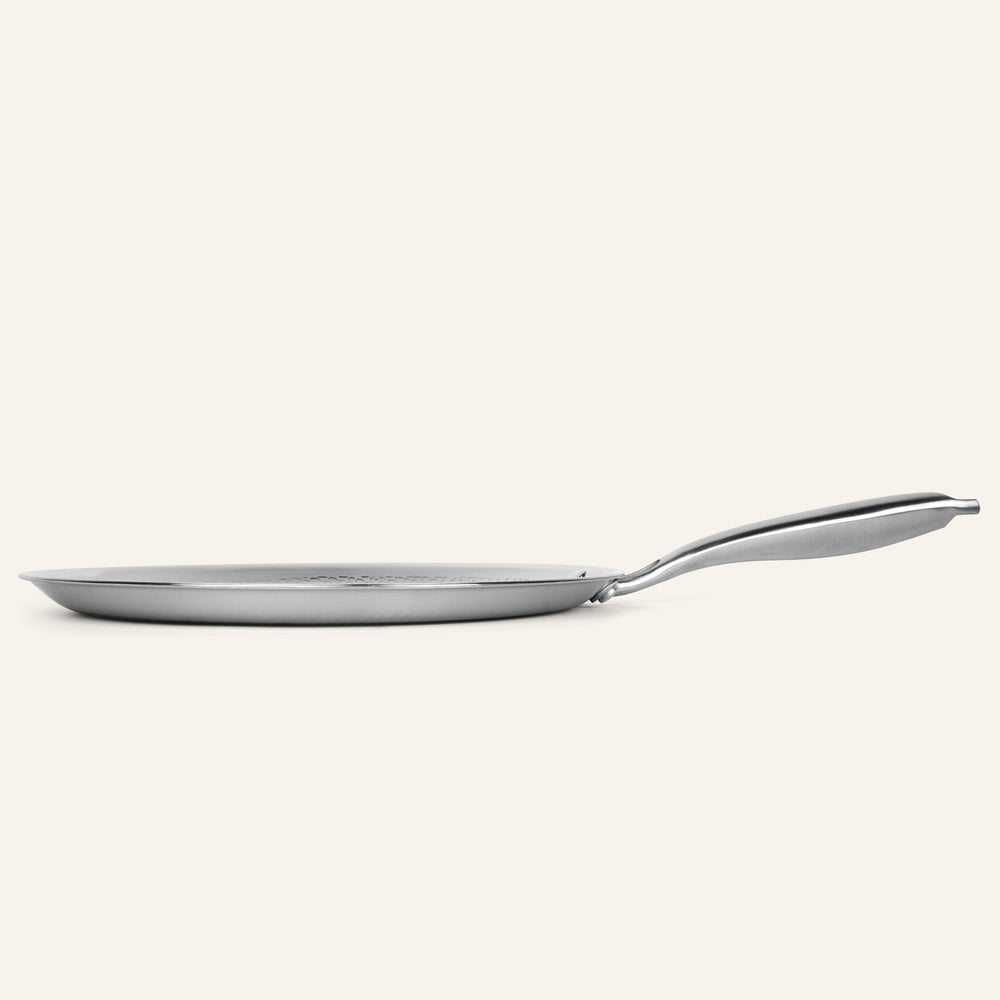
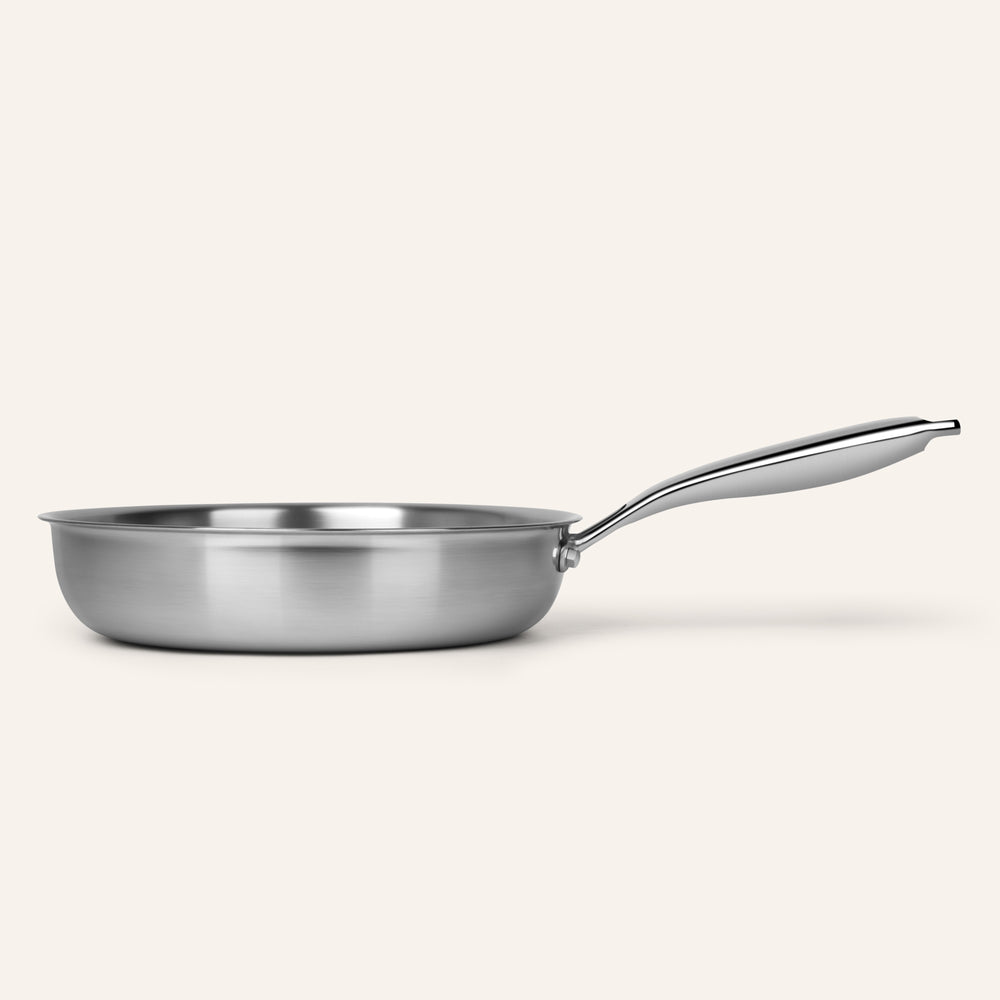
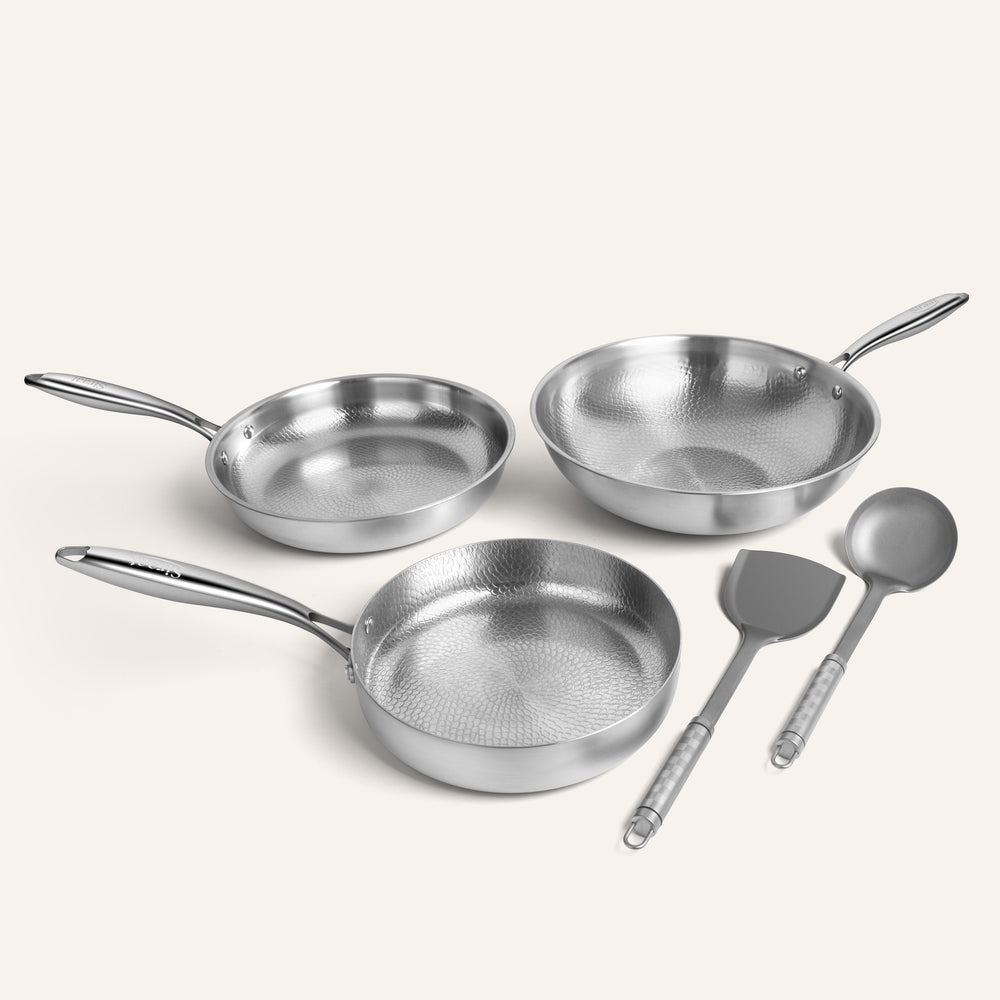
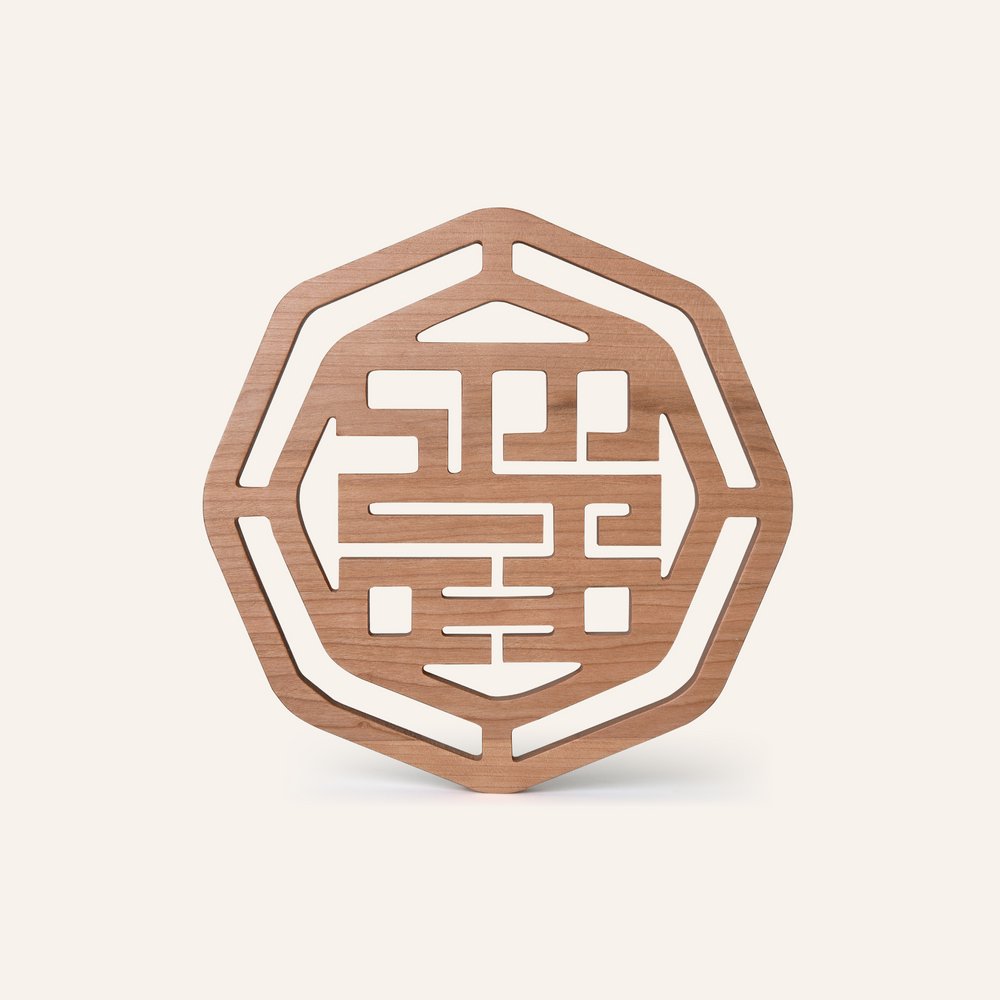
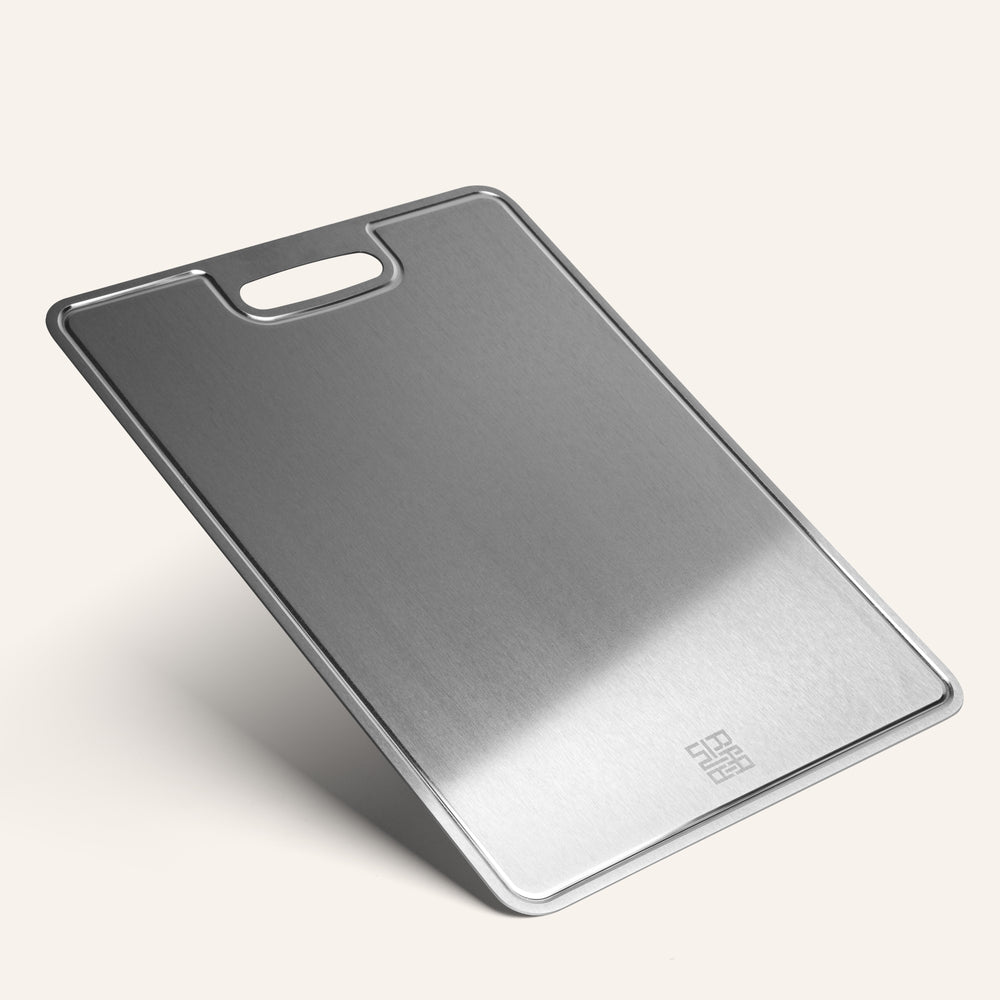
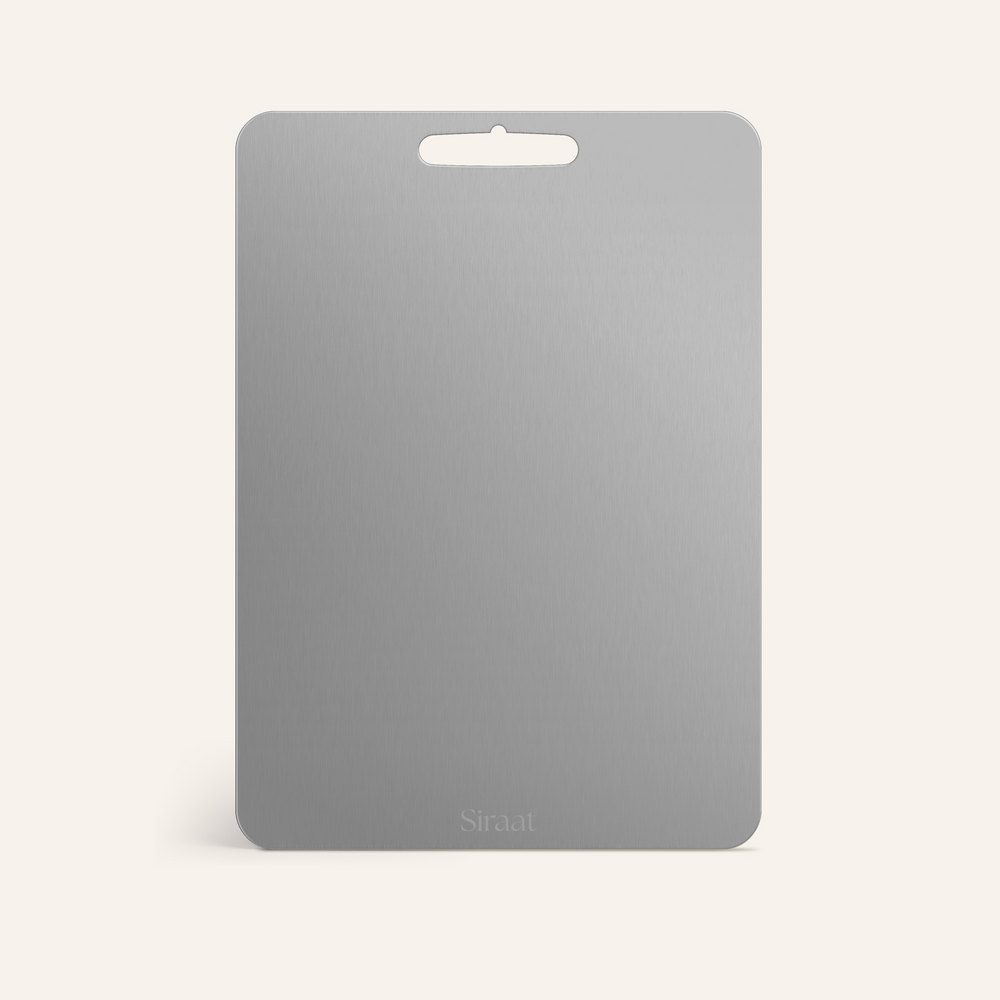
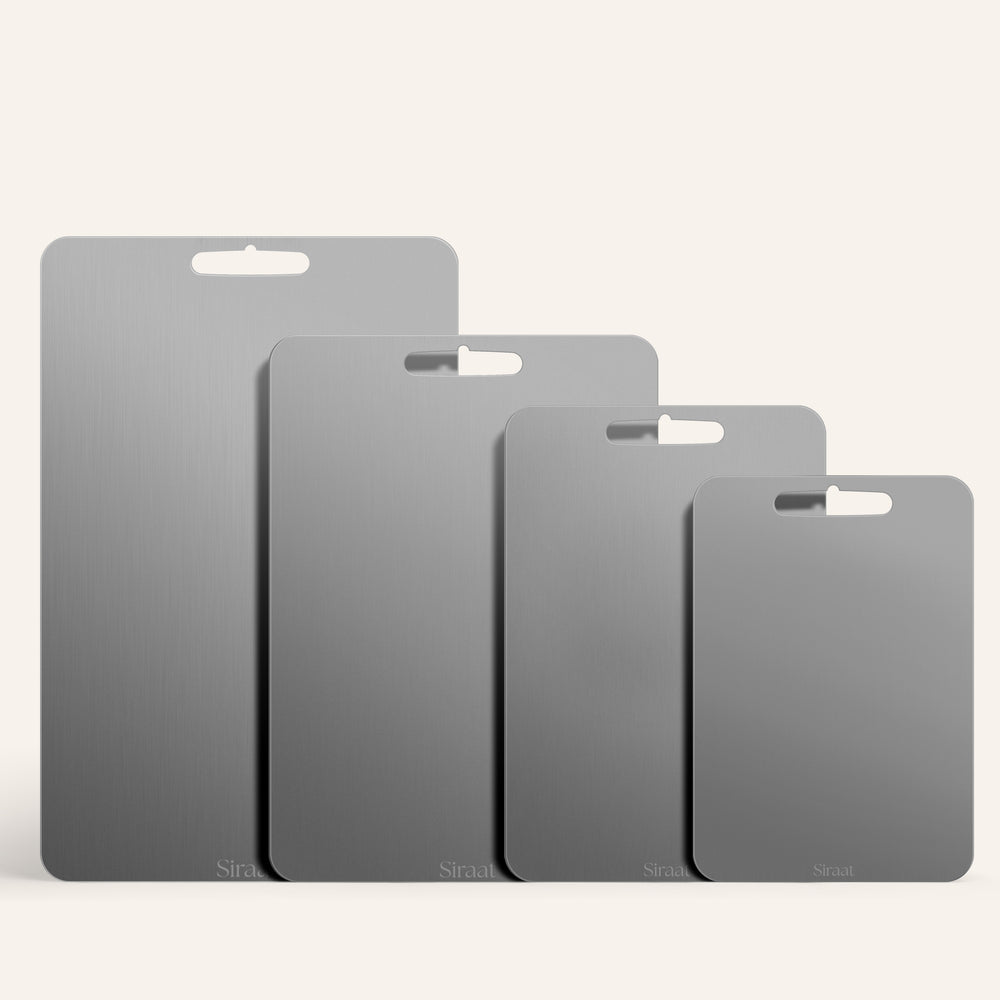
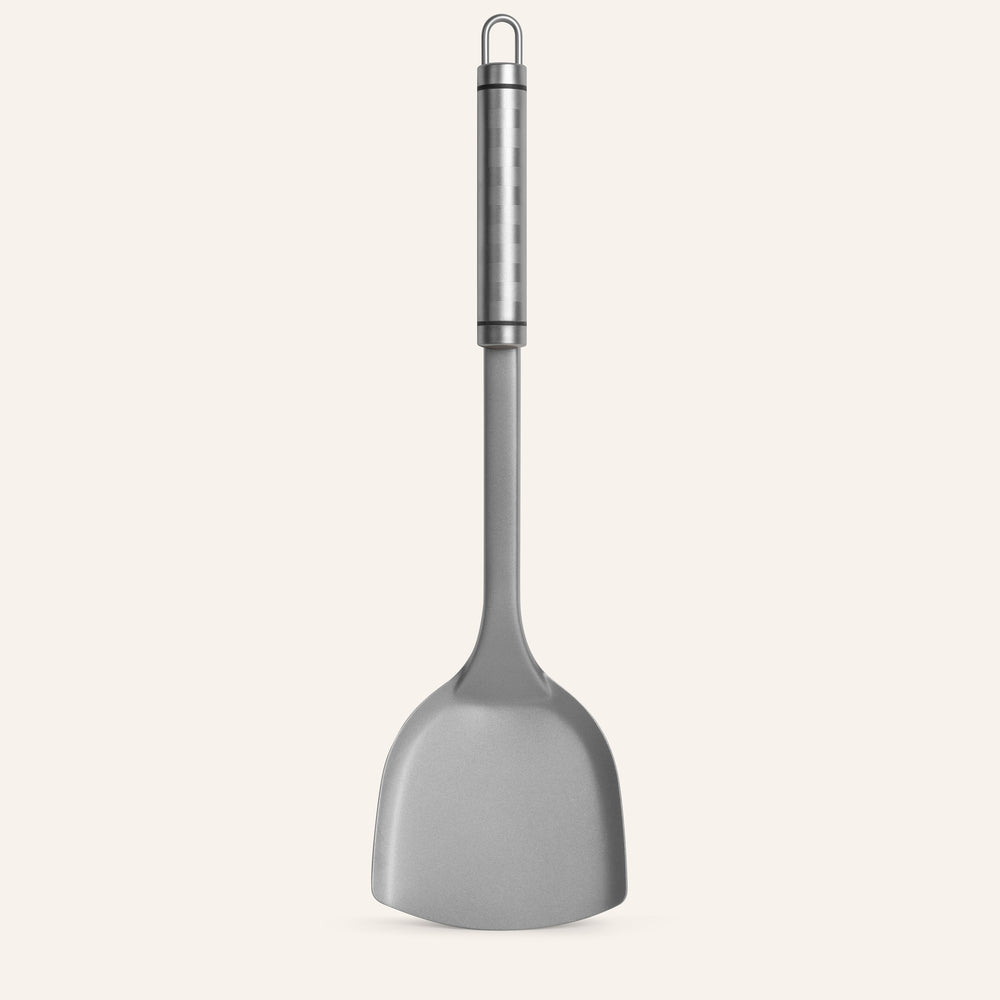
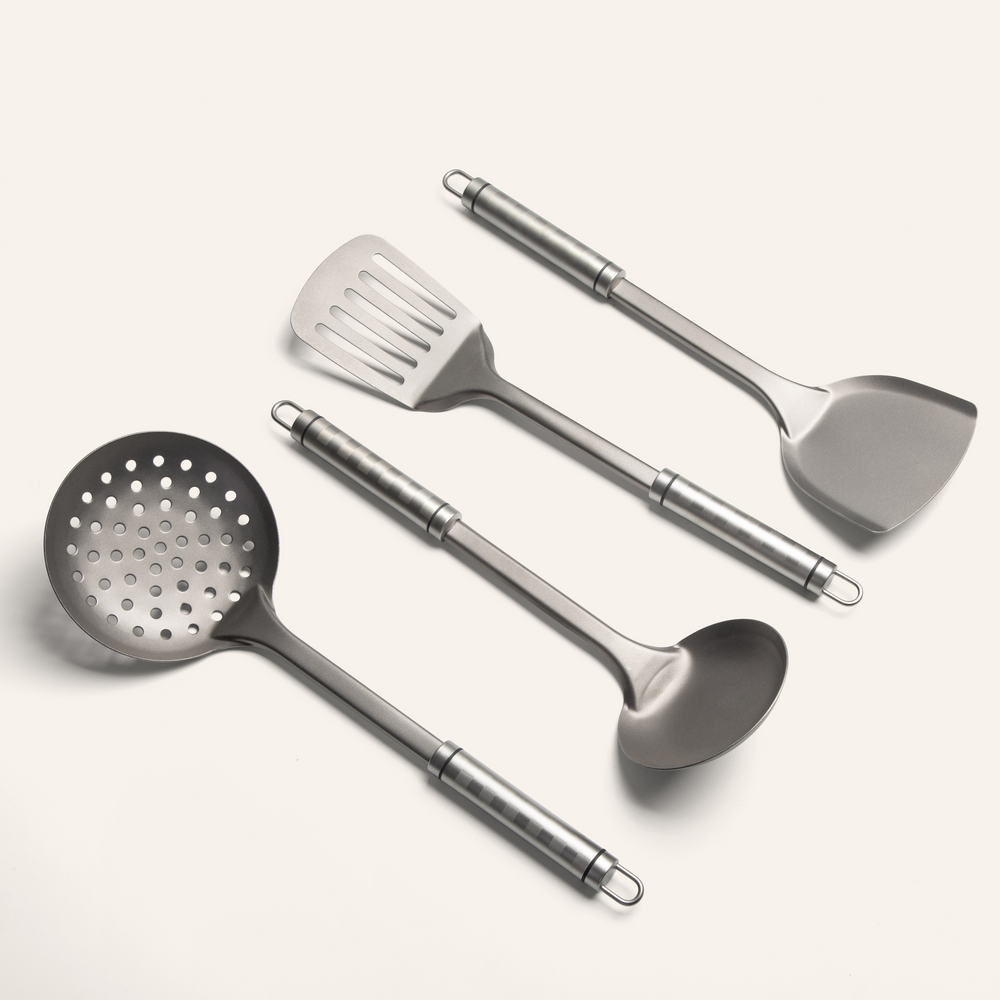
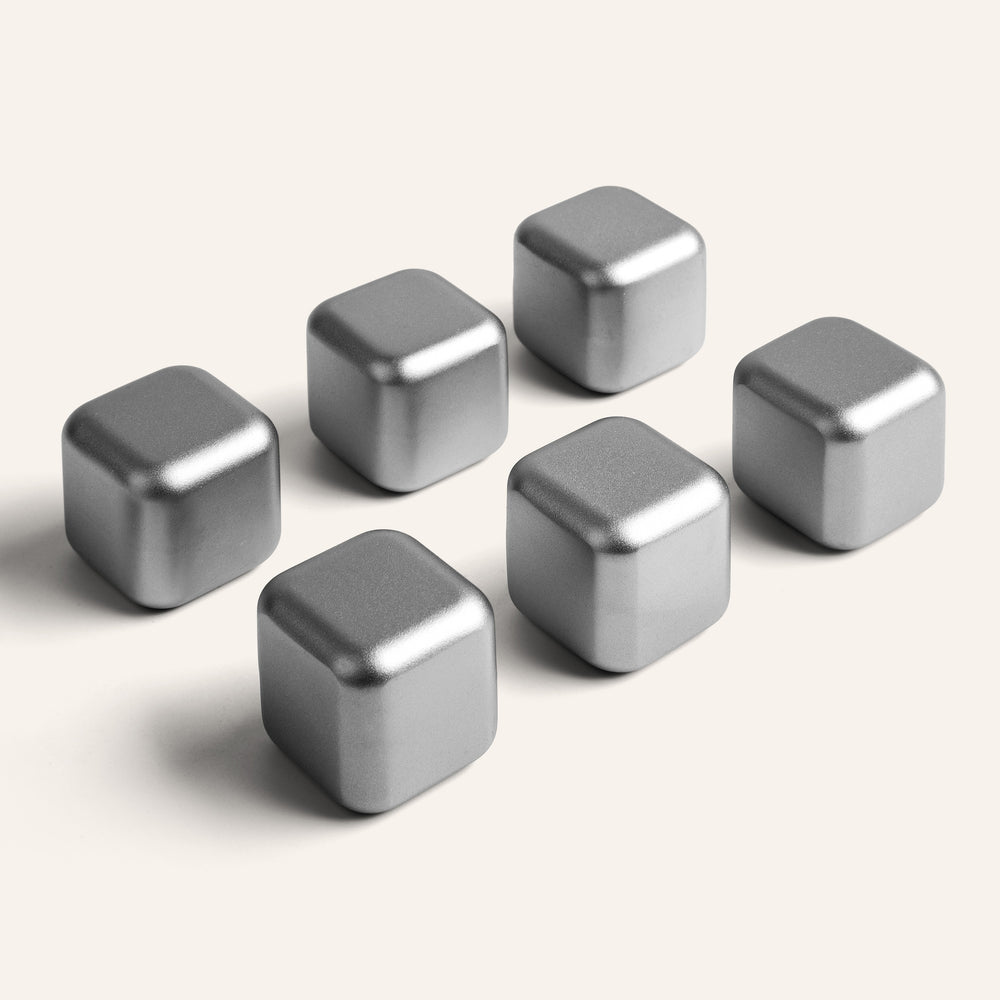
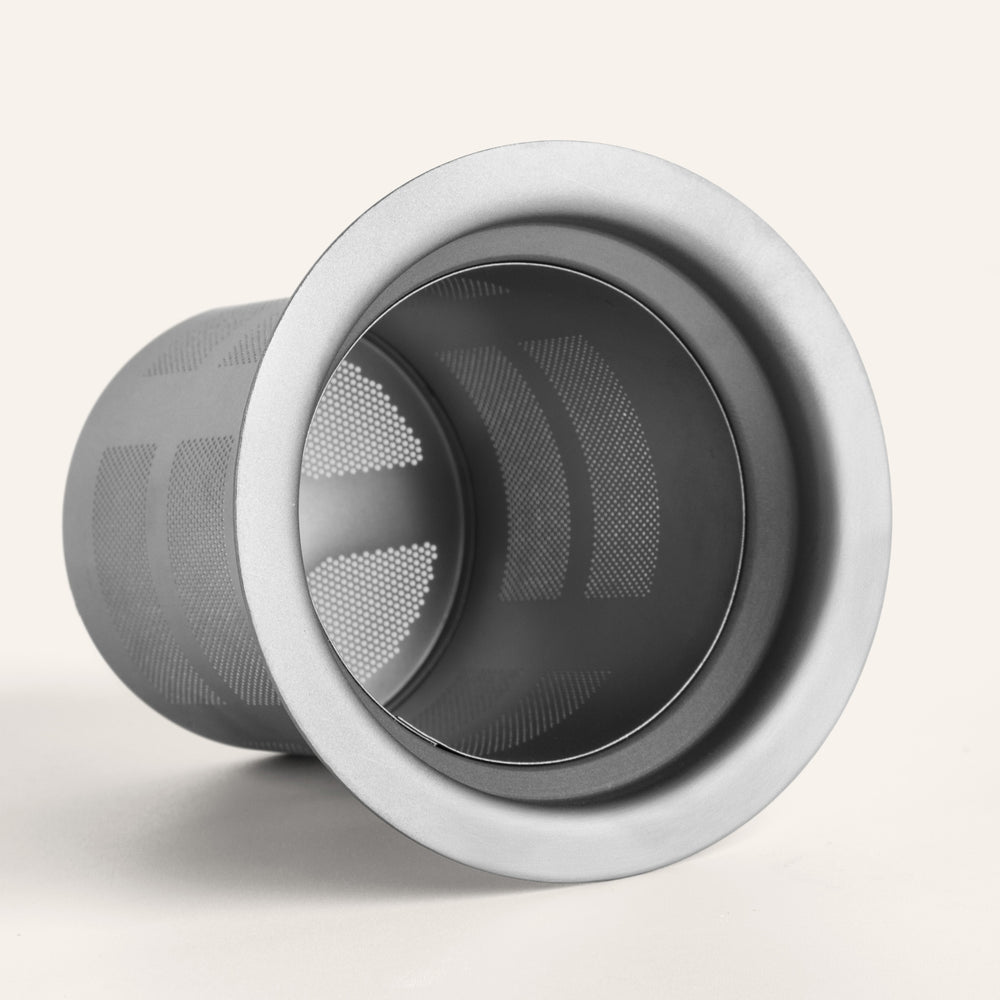
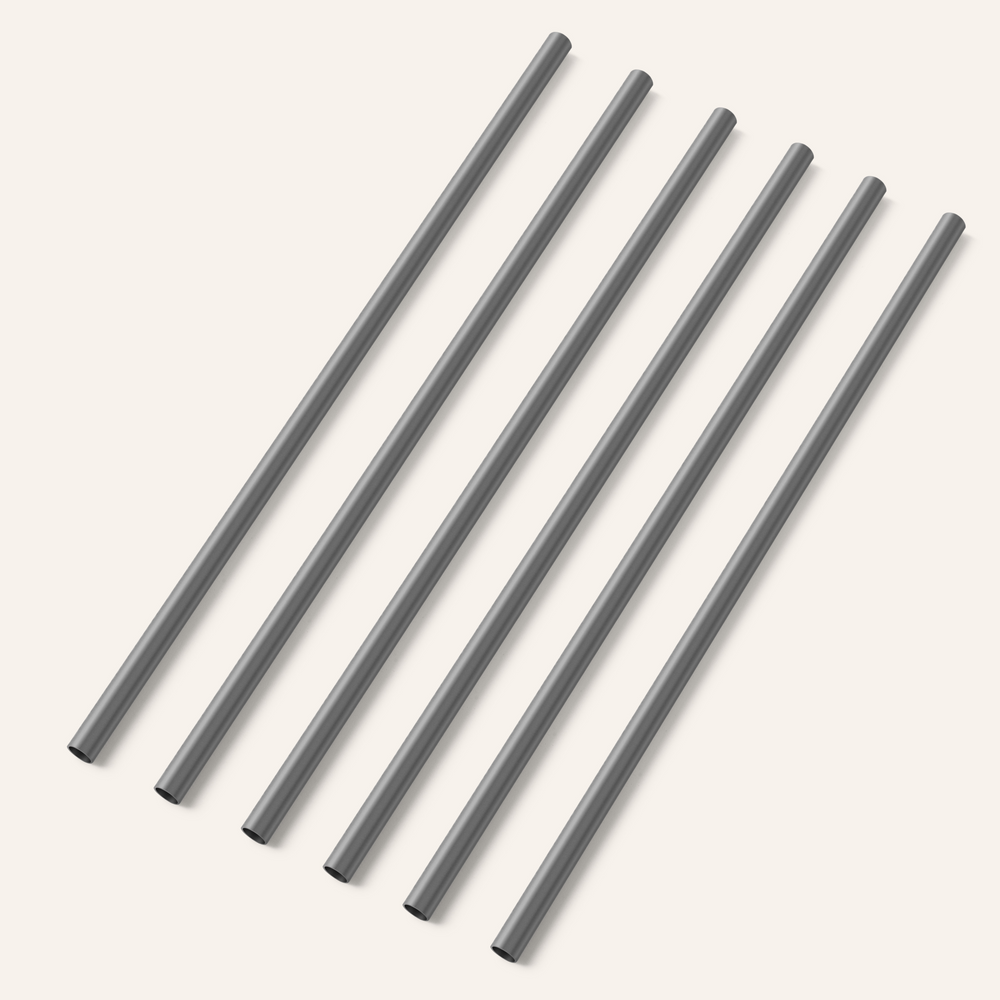
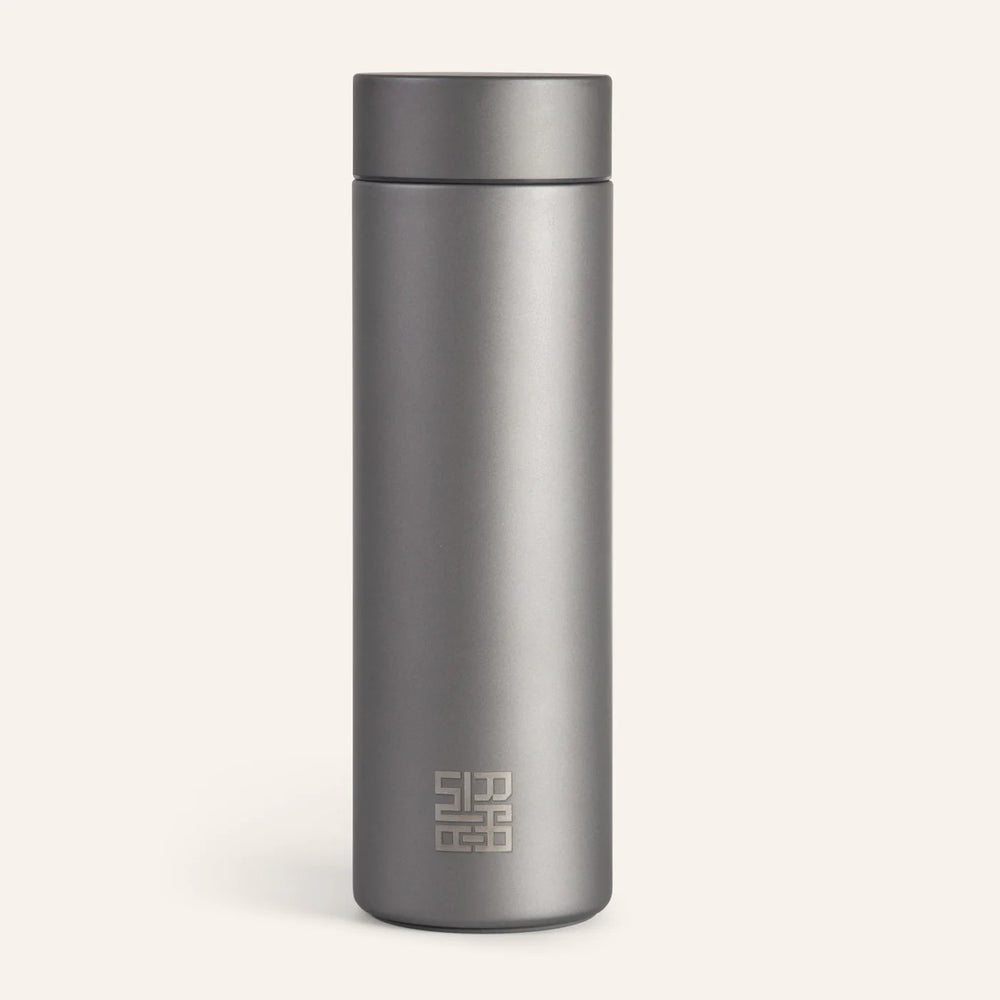
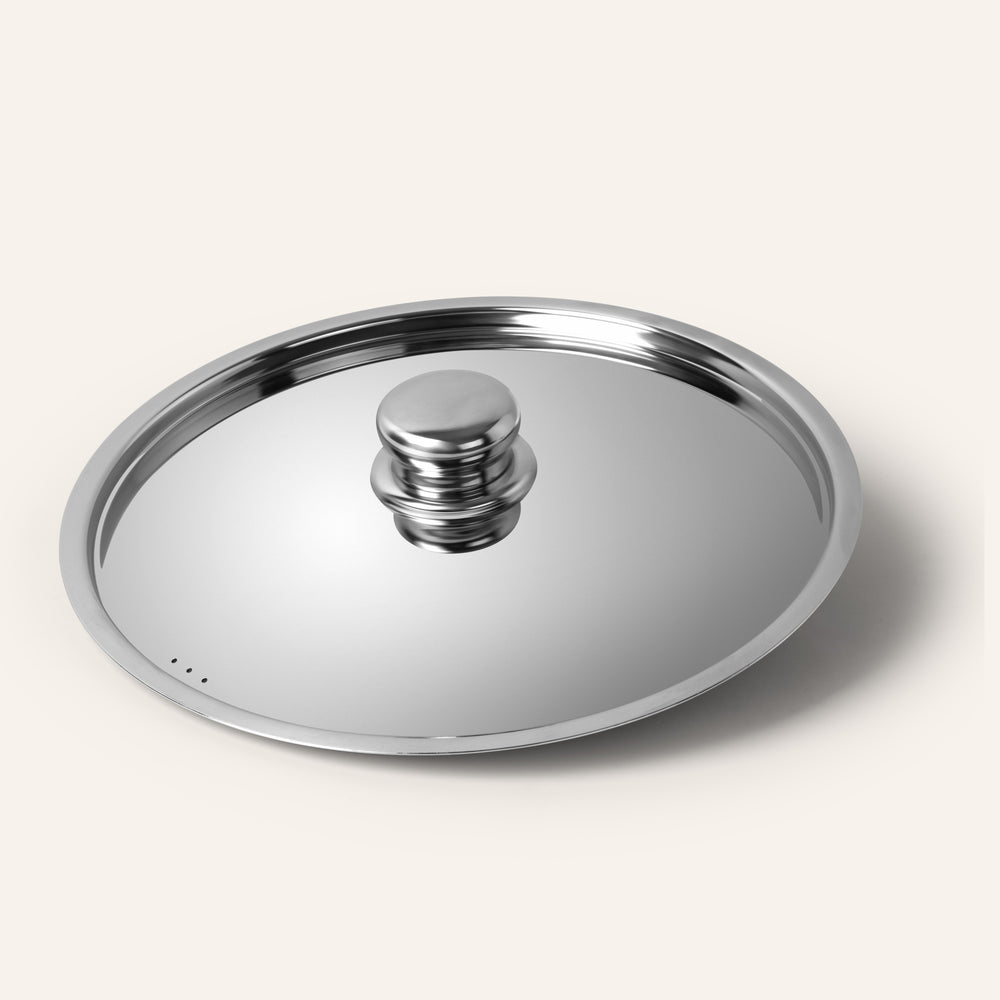
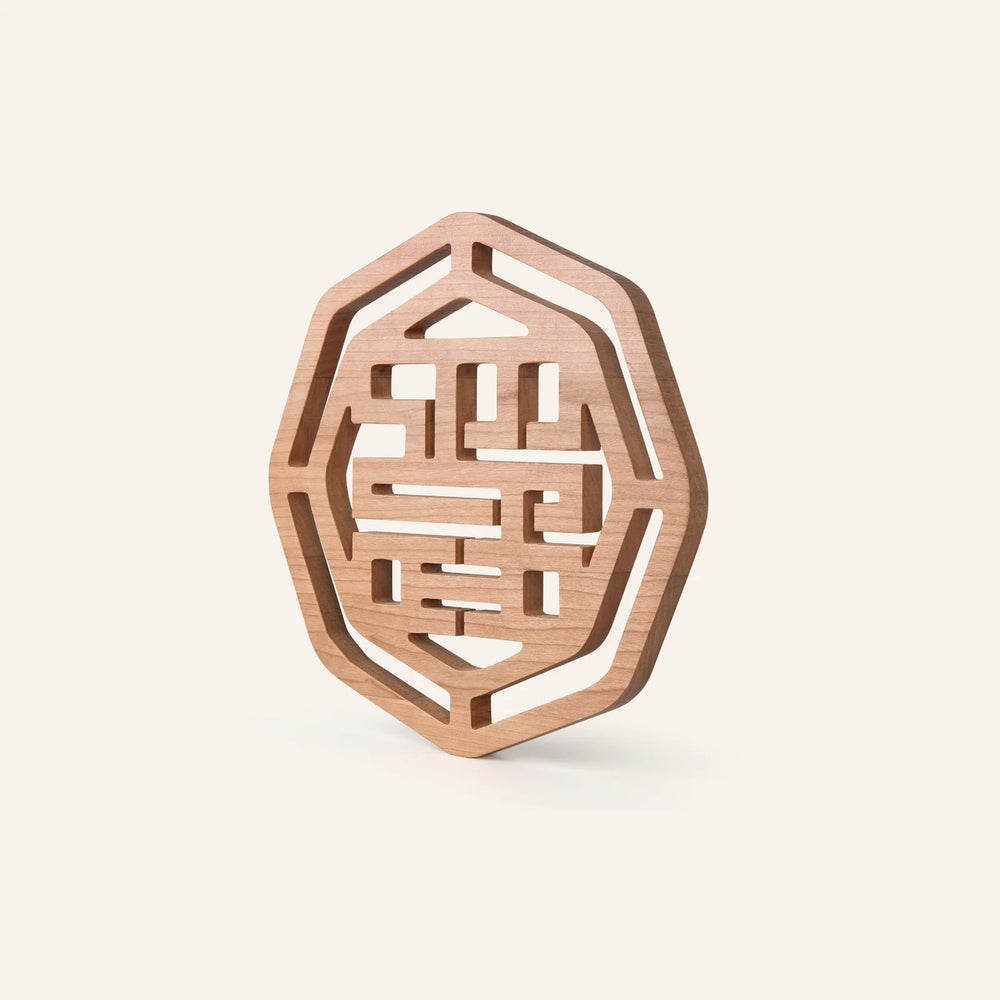
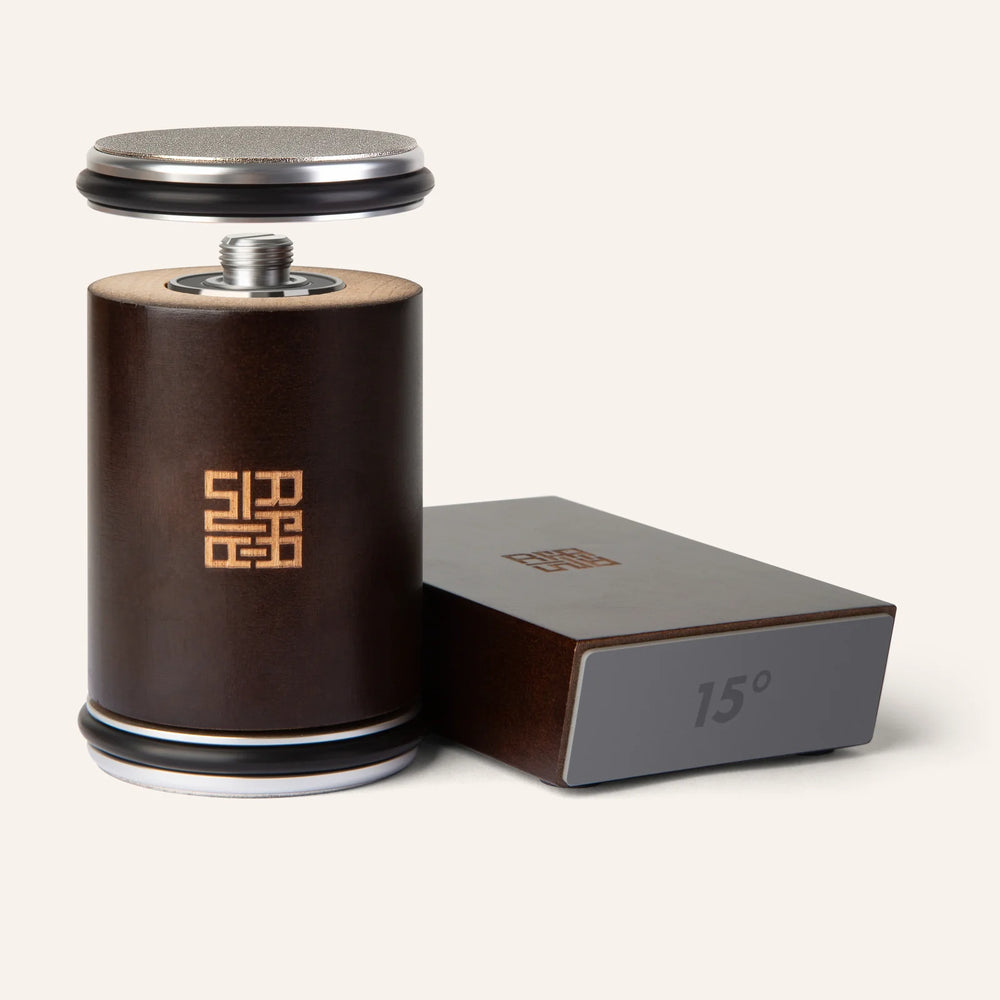
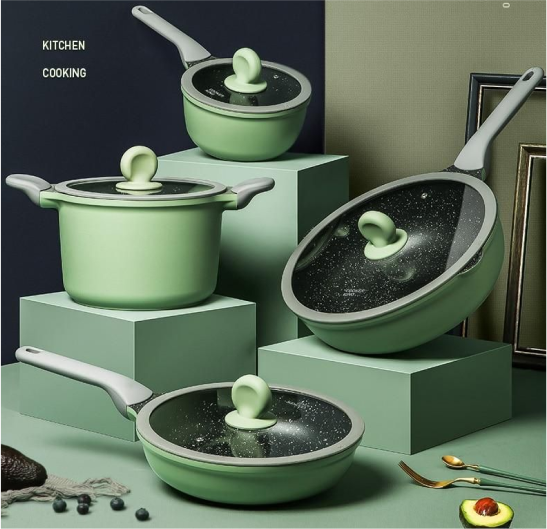
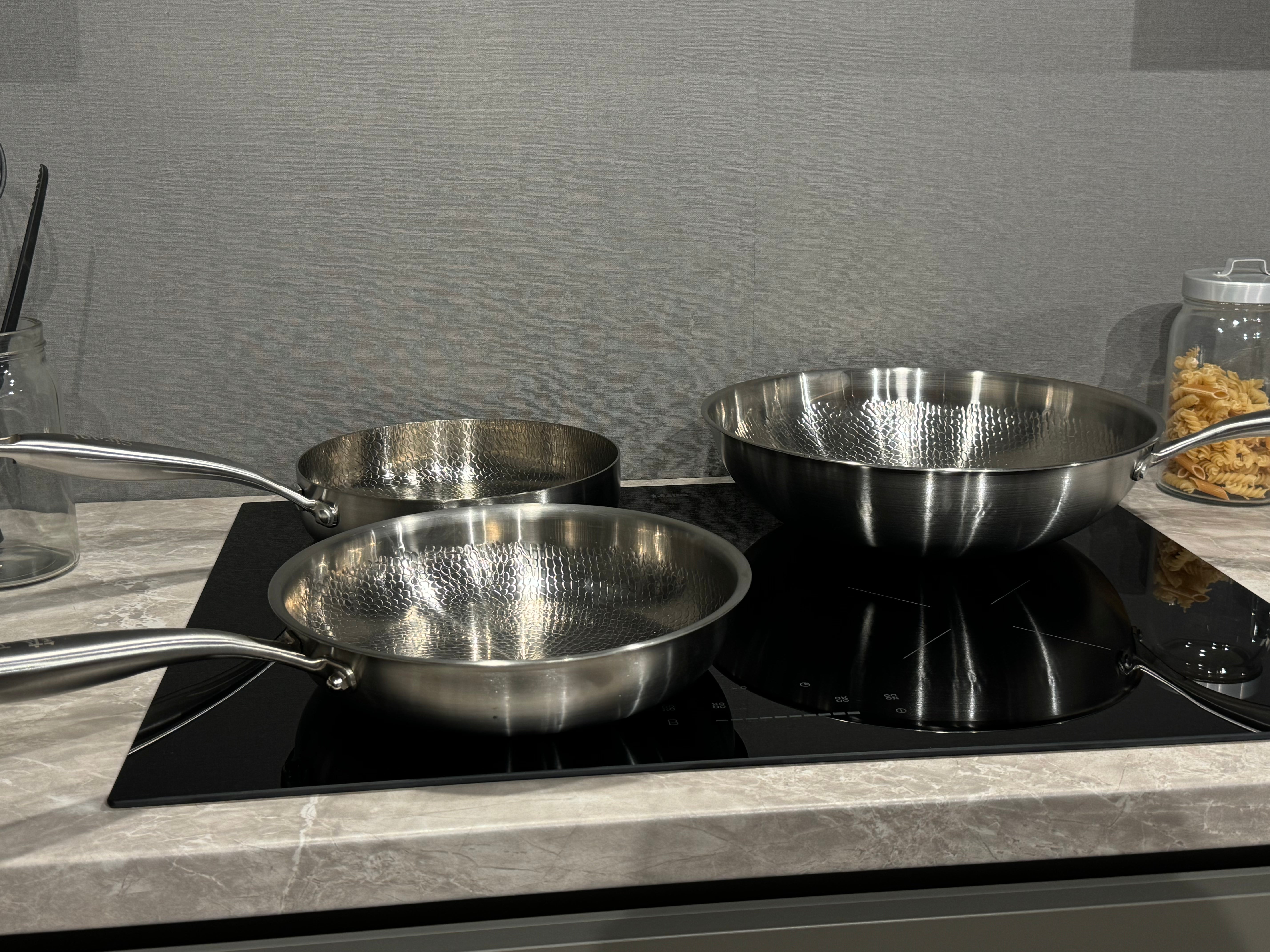
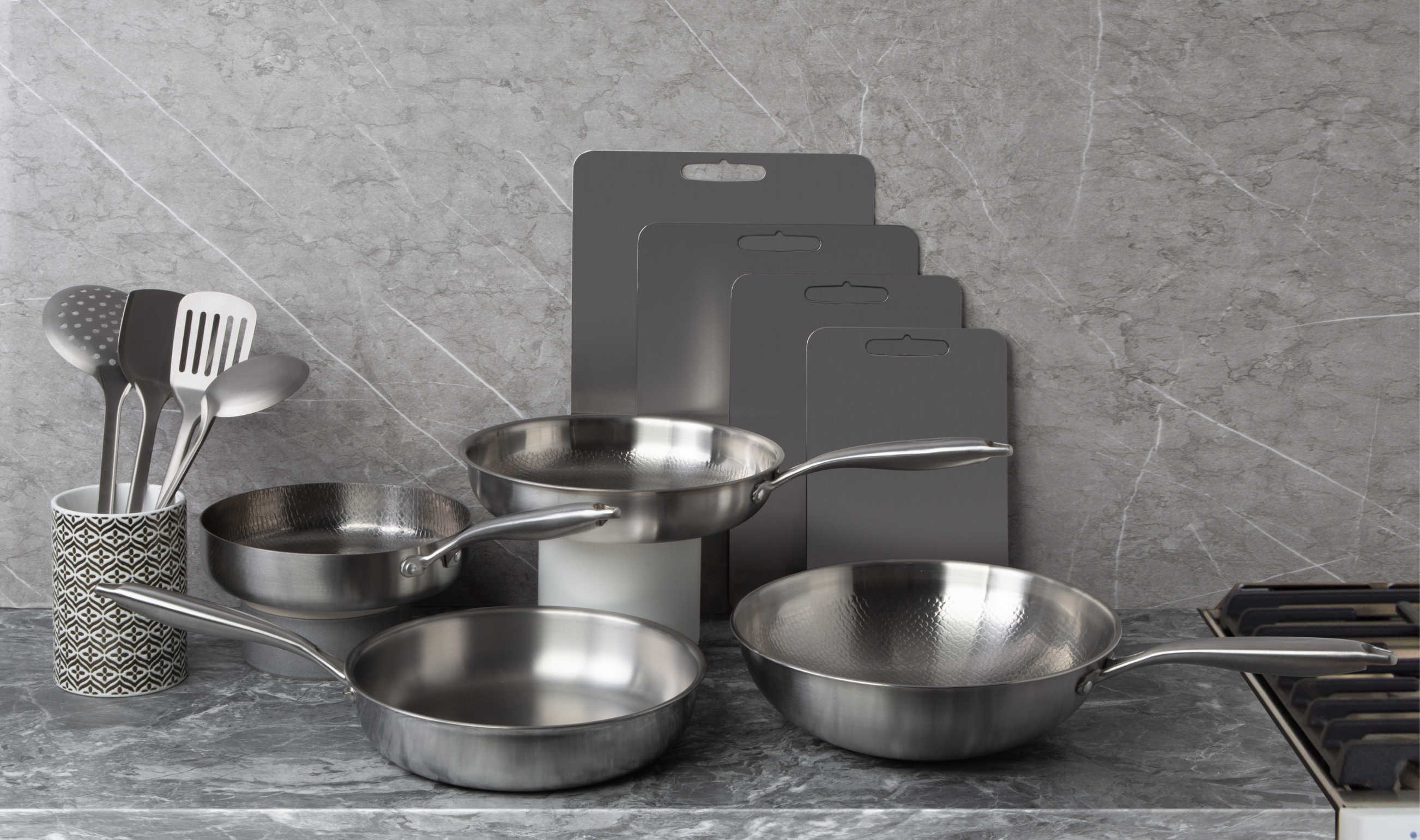
Laisser un commentaire
Ce site est protégé par hCaptcha, et la Politique de confidentialité et les Conditions de service de hCaptcha s’appliquent.